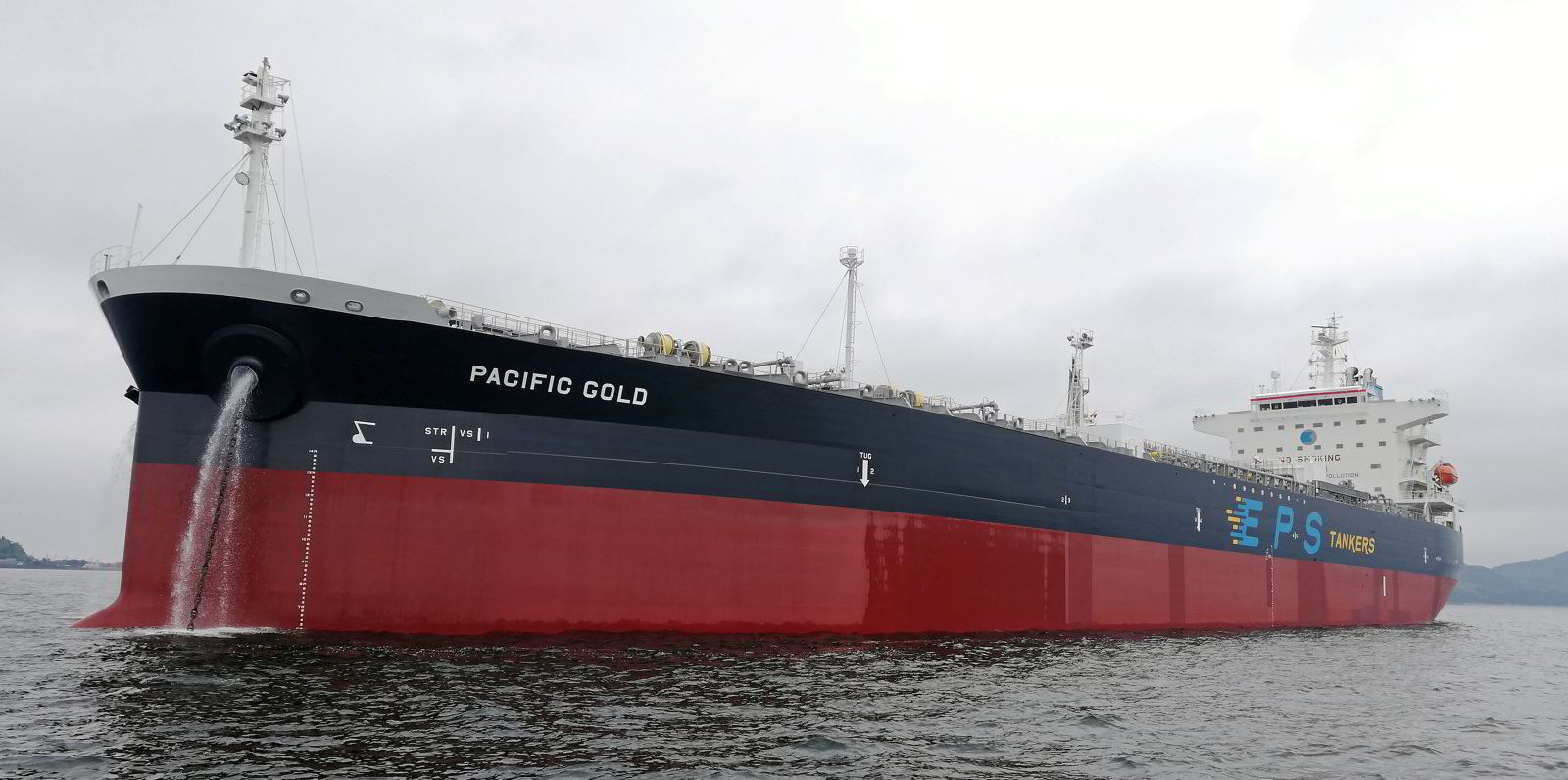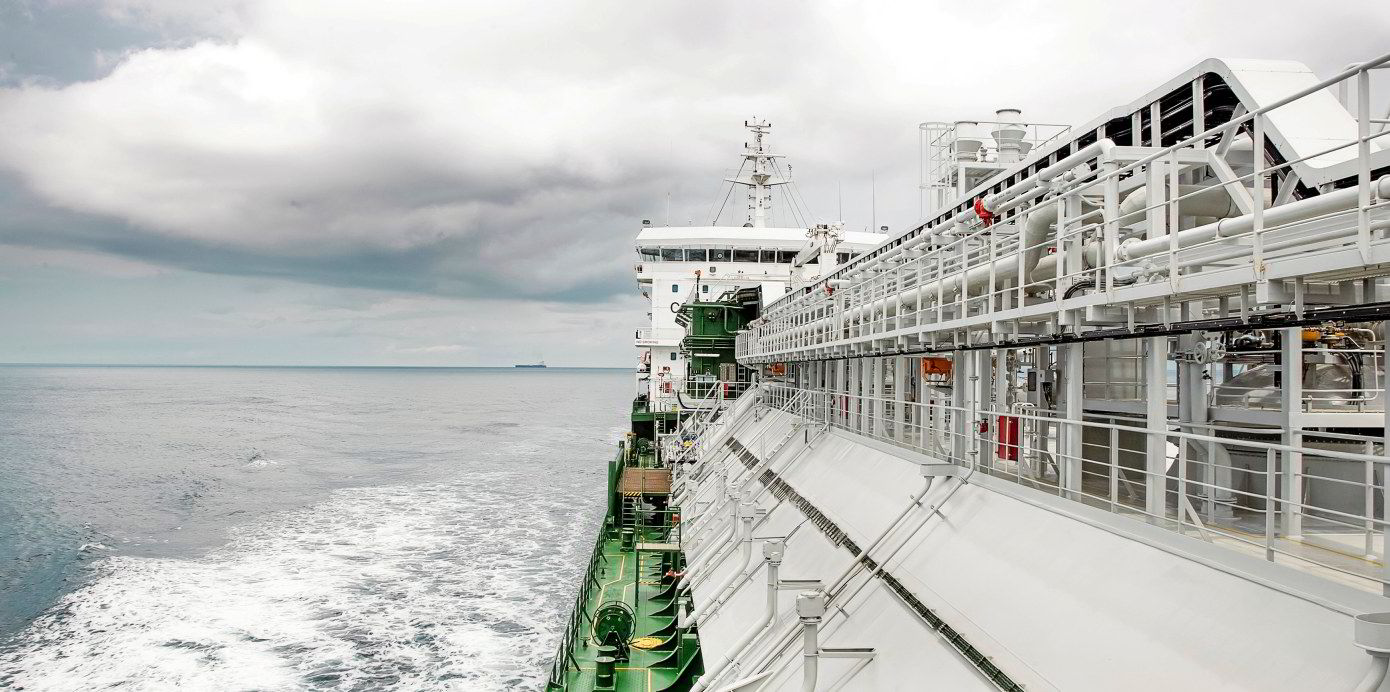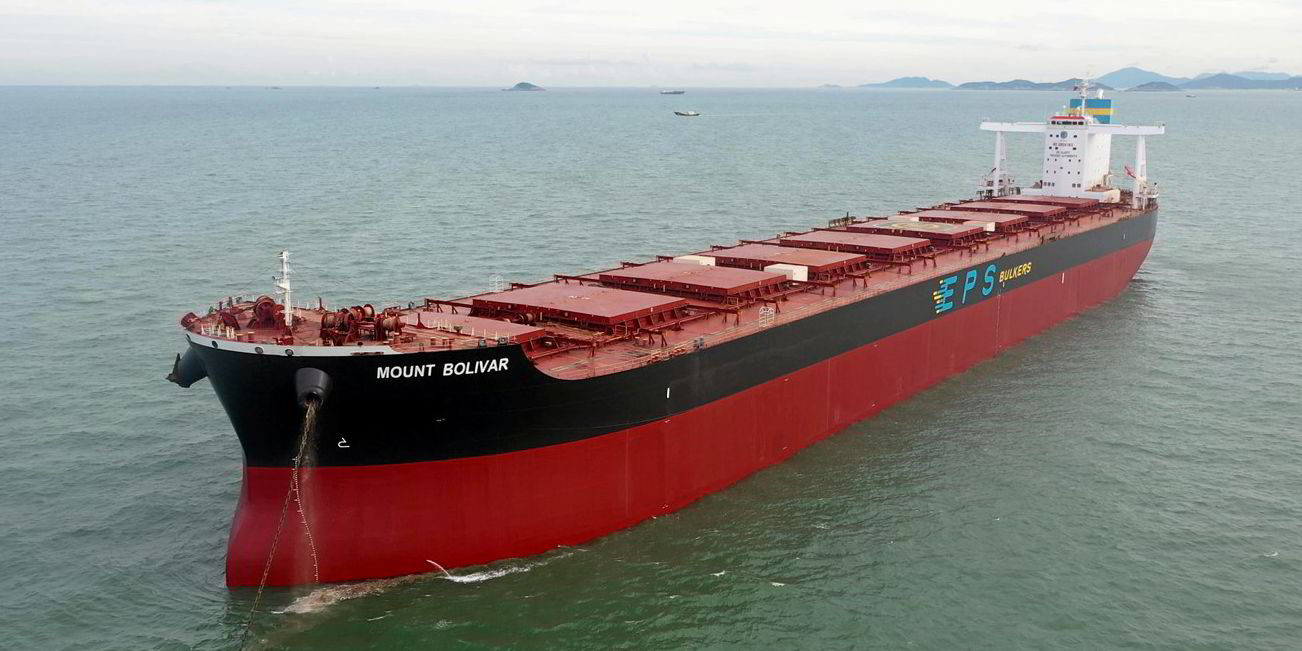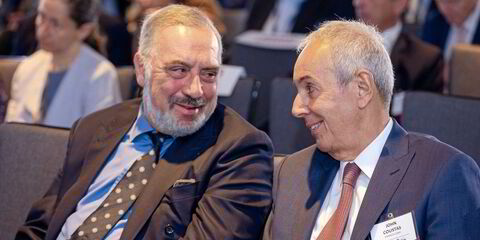Eastern Pacific Shipping is to trial carbon capture technology on a pair of MR tankers as it looks to broaden its options for lowering vessel emissions.
The Singapore-based shipowner has teamed up on the project with Rotterdam-based Value Maritime in what is said to be the first installation of the technology on board a tanker.
Eastern Pacific said it will retrofit the systems aboard the 49,700-dwt Pacific Cobalt and Pacific Gold (both built 2020), making them the largest oceangoing vessels fitted with carbon capture technology to date.
Eastern Pacific has options to install the technology on three more vessels.
The installation of the first system is scheduled to be completed within 2022 with engineering and planning already underway. The second ship is scheduled to be completed by early 2023.
Value Maritime’s filtree system is a prefabricated gas cleaning system that is claimed to filter sulphur and 99% of particulate matter.
Up to now, the system has been running on a series of coasters and container feeders for a number of years, according to Value Maritime.
Eastern Pacific told TradeWinds that the system will include a carbon capture module charging a CO2 battery onboard.
“The charged CO2 battery will be discharged in port and subsequently used by CO2 customers, such as greenhouses, or injected into carbon sequestration networks,” the shipowner said. “The discharged battery will then be returned to the vessel for CO2 recharging.
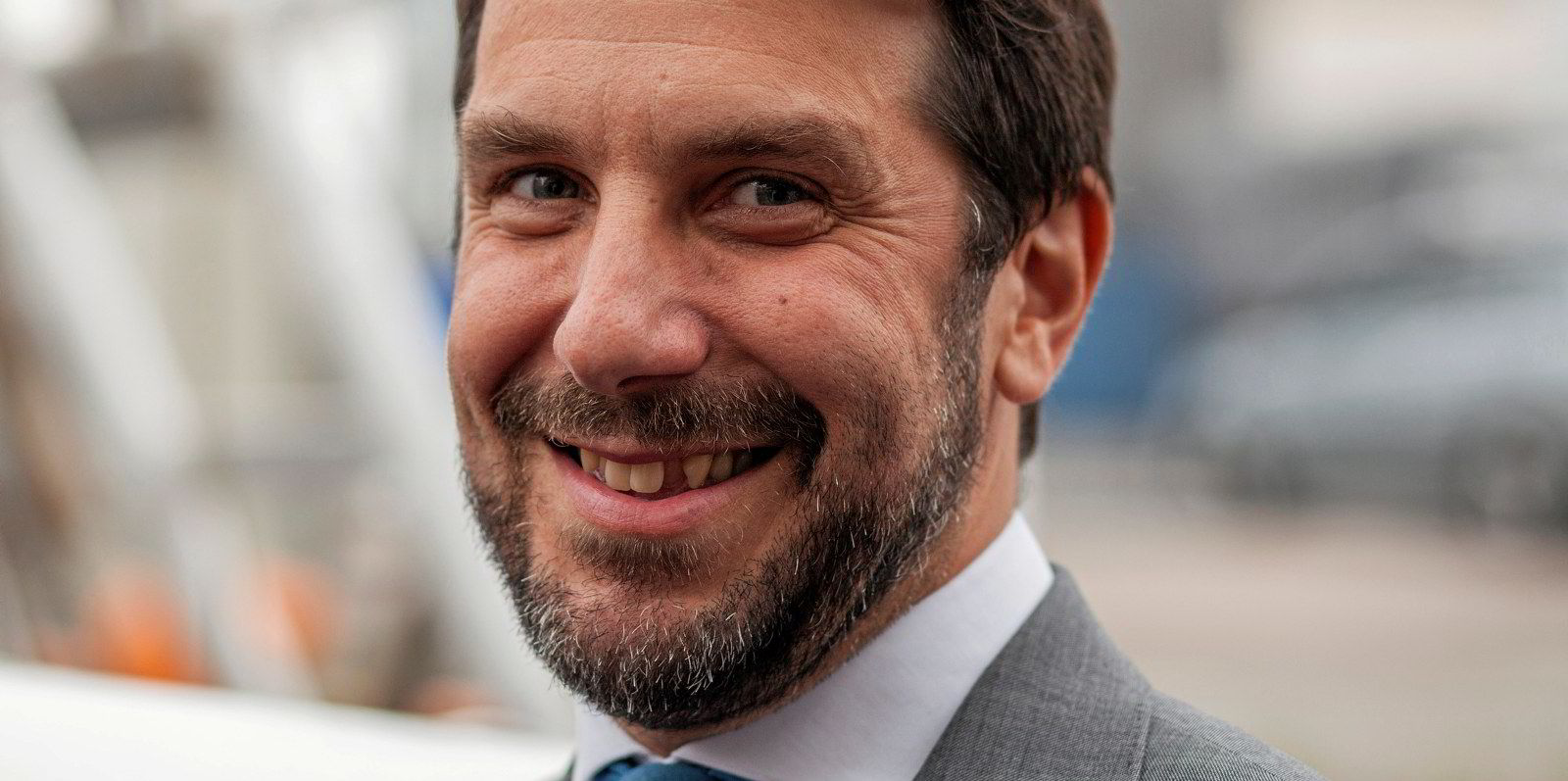
“This ‘plug and play’ approach allows vessels to capture up to 40% of CO2 emissions today, with the potential of exceeding 90% in the future.”
Eastern Pacific chief executive Cyril Ducau described the tie-up with Value Maritime as a “major step forward” for his company and the industry’s energy transition.
“Carbon capture technology was missing in our existing portfolio of emission-lowering solutions, which today consists primarily of alternative marine fuels,” he said.
“We believe that carbon capture technology holds significant promise for reducing emissions for existing and future oceangoing vessels.”
Ducau said carbon capture, coupled with alternative fuels, biofuels and other solutions, was a “crucial step” in accelerating the shipping industry’s decarbonisation efforts ahead of International Maritime Organization targets.
“By equipping our tankers with Value Maritime’s systems, we hope to prove to the industry that carbon capture is a viable and scalable option available right now,” he said.
In addition to its carbon capture capabilities, the filtree system is also said to remove oil residue and particulate matter from the wash water, ensuring its PH value is neutralised and contributes to reducing the acidification of seawater.
In addition to the retrofits, the two companies said they are exploring future collaboration opportunities, such as deploying the filtree system onboard Eastern Pacific newbuildings, including a new generation of containerships.
